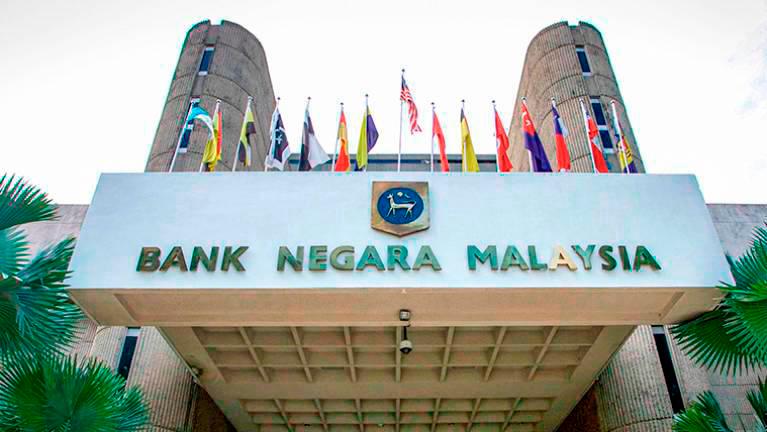PETALING JAYA: The Malaysian economy registered a stronger growth of 8.9% in the second quarter of 2022 (Q2’22), from 5.0% in Q1’22, on the back of improving domestic demand underpinned by the steady recovery in labour market conditions and ongoing policy support.
The higher growth was also reflective of normalising economic activity as the country moved towards endemicity and reopened international borders. Exports remain supported by strong demand for E&E products. By sector, the services and manufacturing sectors continued to drive growth. On a quarter-on-quarter seasonally-adjusted basis, the economy increased by 3.5% (Q1’22: 3.8%).
During the quarter, headline and core inflation increased to 2.8% and 2.5%, respectively (Q1’22: 2.2% and 1.7%, respectively), with price increases mainly driven by food prices. Headline inflation is projected to trend higher in some months during the remainder of the year, due partly to the base effect from the discount on electricity prices implemented in Q3’21.
Core inflation is expected to average higher in 2022, as demand continues to improve amid the high-cost environment. The extent of upside pressures on inflation is expected to remain partly contained by the existing price control measures, fuel subsidies and the continued spare capacity in the economy. Nevertheless, the inflation outlook continues to be contingent on upside risks stemming from the strength of domestic demand, global price developments, and domestic policy measures.
Meanwhile, the ringgit depreciated by 4.6% against the US dollar in Q2’22. This largely reflected the continued strengthening of the US dollar following aggressive US monetary policy tightening, increased investors’ risk aversion due to the weaker global growth outlook and the military conflict in Ukraine.
The central bank said elevated commodity prices and Malaysia’s economic recovery helped to cushion the downward impact from the external developments on the ringgit during the quarter. Going forward, while domestic financial markets will continue to be subjected to episodes of heightened volatility, spillovers to domestic financial intermediation are expected to remain broadly contained, supported by Malaysia’s healthy external position and strong banking system.
The growth in the first half of 2022 stood at 6.9%.
“While external demand could face headwinds from slower global growth, the growth would also benefit from improving labour market conditions and higher tourist arrivals, as well as continued implementation of multi-year investment projects,” Bank Negara Malaysia Governor Tan Sri Nor Shamsiah said today.
However, Malaysia’s growth remains susceptible to a weaker-than-expected global growth, further escalation of geopolitical conflicts and worsening supply chain disruptions.













